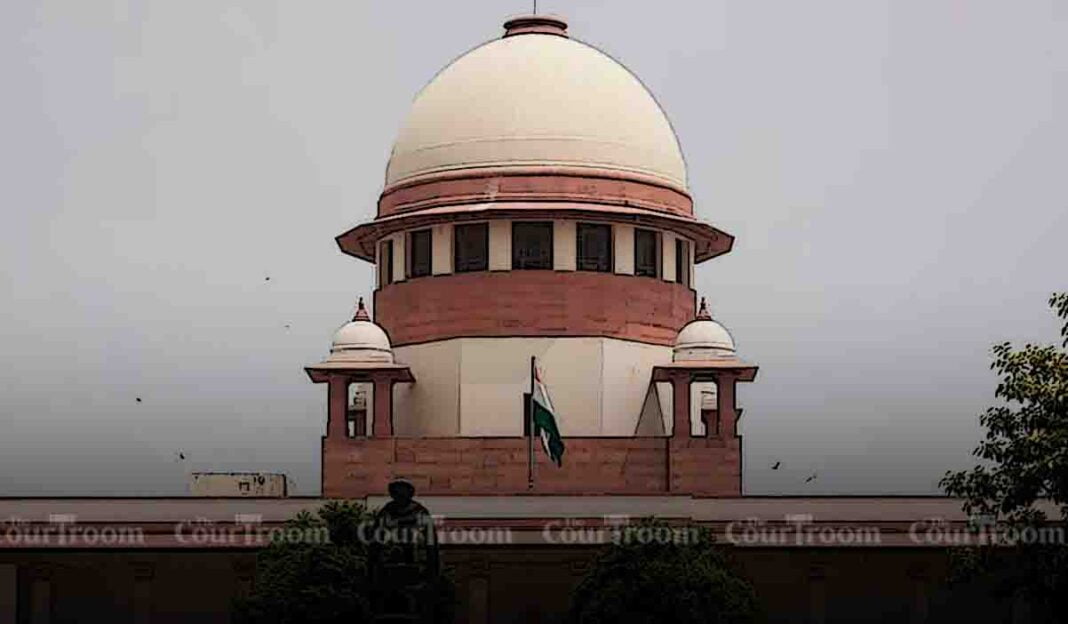Supreme Court Expunges Criticisms by Punjab and Haryana High Court Judge, Stresses Need for Judicial Restraint
The Supreme Court on Wednesday expunged controversial remarks made by Punjab and Haryana High Court judge Justice Rajbir Sehrawat, criticizing the apex court for staying contempt proceedings related to a High Court order. This decision came after a suo motu case was initiated to address the concerns raised by Justice Sehrawat’s July 17 comments.
A Bench led by Chief Justice of India (CJI) DY Chandrachud and comprising Justices Sanjiv Khanna, BR Gavai, Surya Kant, and Hrishikesh Roy, described Justice Sehrawat’s observations as problematic and damaging to the judicial system’s reputation. The Supreme Court underscored that compliance with its orders is a binding obligation within the legal system, not a matter of choice.
Justice Sehrawat’s remarks, which were aired in a widely circulated video, included criticisms of the Supreme Court’s role in contempt proceedings and allegations that the Supreme Court’s orders were “non-est” (non-existent). The High Court judge also referred to a Division Bench’s order as “rubbish” and suggested that judges should undergo judicial training.
The Supreme Court expressed concern that such remarks undermine the dignity of the judiciary and advised that judges must exercise greater restraint, especially in the context of live streaming and media scrutiny. CJI Chandrachud noted the need for discipline and respect within the judicial hierarchy, emphasizing that individual judges must refrain from making unwarranted comments about higher courts.
In its ruling, the Supreme Court decided to expunge Justice Sehrawat’s remarks from the July 17 order, noting that while the Court was compelled to intervene, it hoped this action would not set a precedent for future interference. The Court also stressed the importance of maintaining the integrity and dignity of the judicial process, both for High Courts and the Supreme Court.
Attorney General R Venkataramani and Solicitor General Tushar Mehta supported the Supreme Court’s intervention, highlighting that Justice Sehrawat’s comments were inappropriate and harmed the credibility of the judiciary.
Justice Sehrawat’s comments, suggesting that Supreme Court orders might be presumptive and that judicial discipline was lacking, were addressed by the Supreme Court as a reminder of the fundamental principle that all courts operate under the Constitution. Justice Khanna and Justice Roy emphasized that while the appellate system is hierarchical, all judicial bodies are ultimately under the Constitution’s authority.
Following the Supreme Court’s intervention, the Punjab and Haryana High Court has reallocated contempt matters to a different judge, Justice Harkesh Manuja, reflecting the ongoing efforts to address judicial conduct and maintain procedural integrity.
(With inputs from agency)
Share your news, articles, deals, columns, or press releases with us! Click the link to submit and join our platform today.


